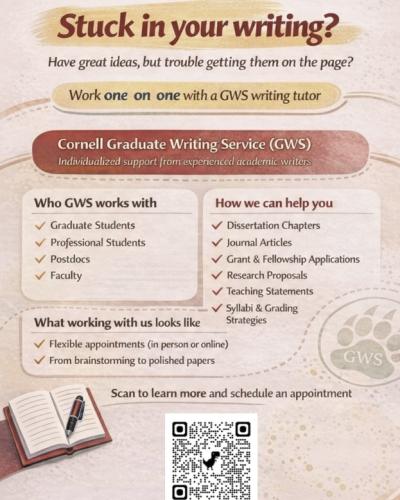The KNIGHTLYnews is an online forum where FWS instructors and other teachers of writing can swap and share ideas for best classroom practice. Weekly posts are designed to help teachers develop lesson plans and writing assignments, and respond to classroom challenges by introducing new teaching tools and sharing emerging pedagogical ideas. Posts also direct readers to program and campus resources that support teaching and learning, and provide opportunities for peer collaboration and mentorship. #teachlikeabear
Why Do Students Switch Around? Students switch from one FWS to another for many reasons. Some may have to switch for scheduling reasons: a lab or section associated with another class shifted, so they have to change their FWS. Some are turned off by the first day, or intimidated, or decide they have too much to do and they’d be better off taking the class another semester. Some would rather take a class in the morning, or the afternoon, or the evening. Some found that a spot in their first-choice seminar opened up.
Fall 2025 will not be like any other semester: once again, the variables our students face are unique. But enrollments will fluctuate this semester, as they always do.
Moving between FWSs is not easy. FWSs tend are very full. But it happens. I teach a popular FWS. My seminars are always at or near capacity. I get letters every semester from students trying to get in. Despite this, I expect, in any given semester, that 25% of the students who ultimately take my class will not be there on the first day or even during the fist week. How do we deal with this?
- Don’t take it personally. If someone drops the class, it’s probably not about you. And if it is, there’s not much you can do about it now.
- Accept fluid enrollment. Build flexibility into your course plan. And if you didn’t, build around it once classes are underway.
- Be accommodating. Students have a right to join during the first two weeks. It may be frustrating if someone joins late. But they have a right to be there. (Of course, you have a right to expect them to catch up. More on that below).
- Check your roster regularly. Students who join your class late should contact you. But it’s also ok for you to contact them. It will help them feel part of the class more quickly: chances are they won’t mind the personal touch.
- Communicate. Check email regularly and communicate with your students, old and new, in these opening weeks. Keeping in touch is especially important when students join right before a long gap between classes (e.g. right after a Thursday class that won’t meet again until Tuesday).
- Give students opportunities to catch up. You have a right to ask students to make up work they’ve missed. But you should also be compassionate about giving them time to do so. Remember, they switched into your class as part of larger set of fluctuations in their schedule. They may be anxious or concerned about falling behind (especially if they are first-semester college students).
- Consider multiple entry points into your opening assignments. As you figure out how to help late joiners catch up, consider where in a given assignment sequence students can pick things up. For example, if students were initially assigned a draft and a revision, can a latecomer just do the revision? If the class already finished working on an early reading assignment, is it important that the latecomer read it? If students engaged in an informal writing task, should the make-up version be identical to the early version or should it be adapted to suit the moment?
- Set priorities. This is a sub-set of the “multiple entry points” point. Students can become part of the learning community most quickly if they do their work in parallel with other students. Consider encouraging them to do the immediate work first, and letting them make up the earlier stuff later.
- Stick around after class. Whether you meet in person or on zoom, announce you will be available after class to answer questions. Invite latecomers in particular to join you. (See also Kate Navickas's post, Getting New FWS Students Oriented Quickly.)
- Be clear about attendance and other policies that might affect a final grade. Consider how you can fairly enforce any attendance policies for someone who missed one or more classes at the beginning of the semester. (Will you grant amnesty for early absences? Will you expect more perfect attendance later on?) Whatever you communicate to your students, keep in mind the mandate to be compassionate and accommodating (within reason).
- After two weeks, you’ve got your class.
- Plan for next time. If you figure out a good strategy for dealing with fluid enrollments, make notes, and implement them next time you teach.
Remember that this is one very stressful circumstance for your students, plunked down in the middle of a lot of other stressful circumstances. It’s always important to be compassionate and flexible.




